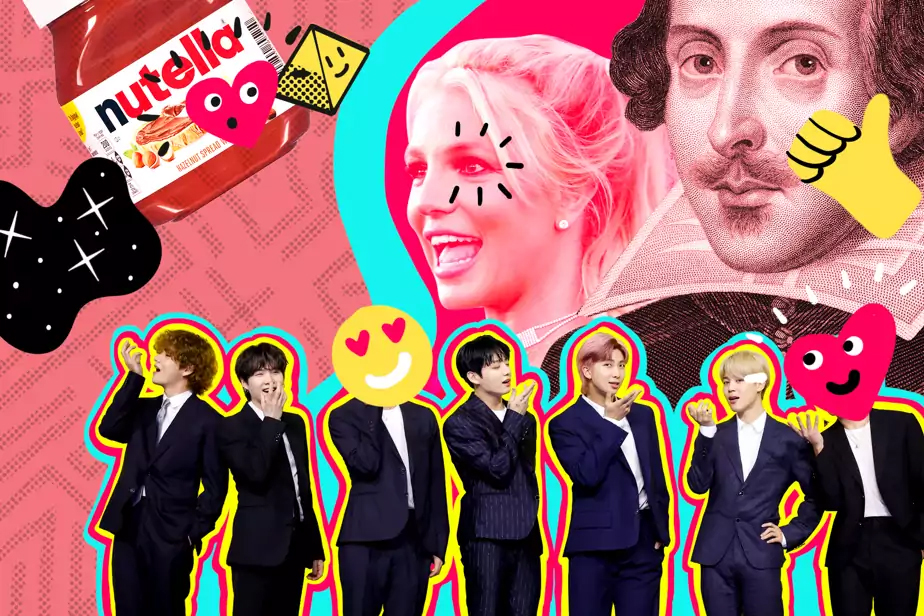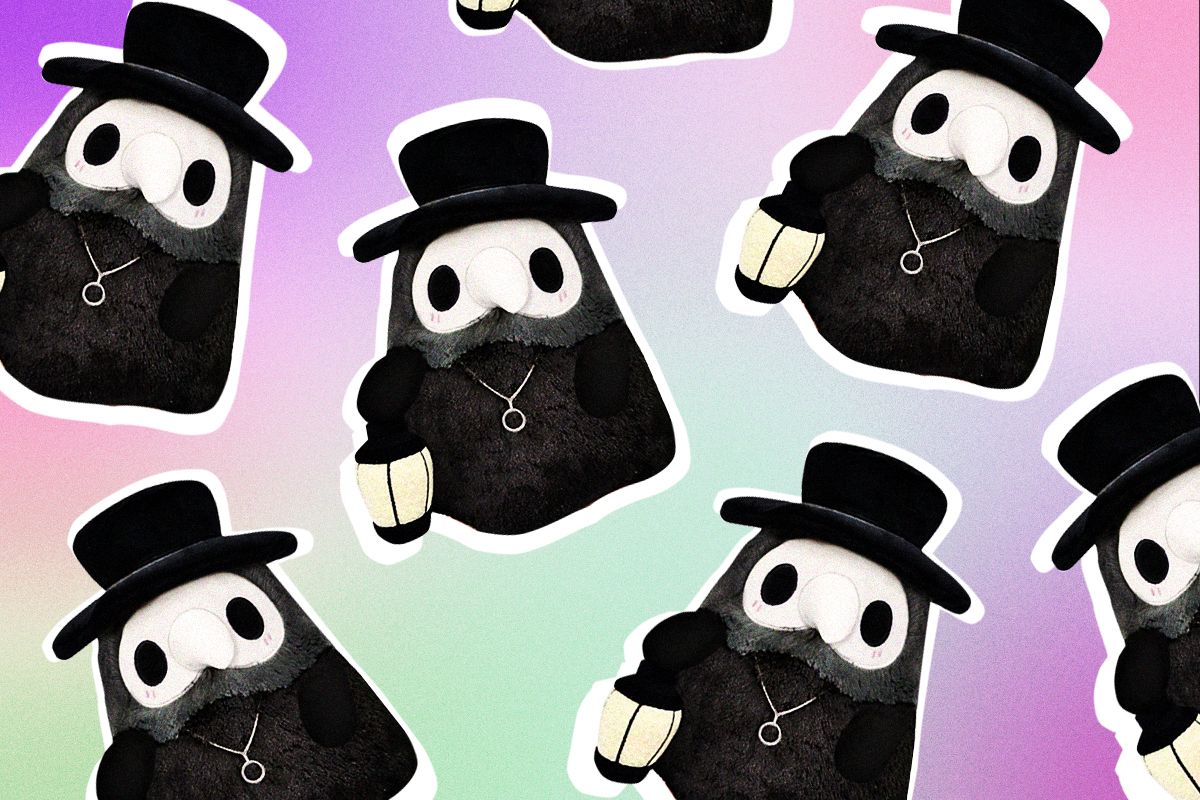From the key elements that make a stuffed animal lovable, to the aggression behind our affection for babies and puppies, an article that deconstructs the idea of “cuteness.”
The students were told they were participating in an ice cream taste test. Each entered a room with a tub of vanilla ice cream labeled “Test Flavor A” and was given an ice cream scoop. They were told to scoop as much as they wanted into a bowl, which was then placed on a scale and weighed. They rated the ice cream on seven criteria, including the flavor and texture. At the end, their bowls were weighed again.
Then, their carefully considered ratings were almost certainly thrown away, because this was not, in fact a taste test. It was a scoop test. The students had been given one of two ice cream scoops. The first was a standard red scoop with utilitarian grips on the side. The second was a scoop fashioned into a cute little female figure with a red dress, little arms, and a stylized smile. Her hairdo created the “curve” of the scoop. She was adorable.
[Read More]










